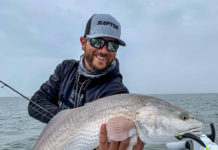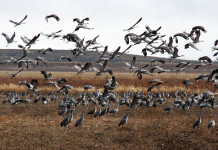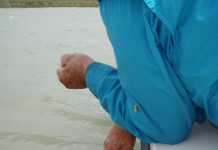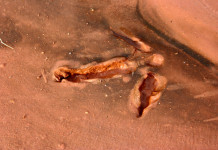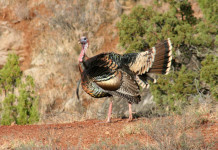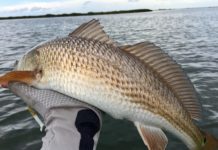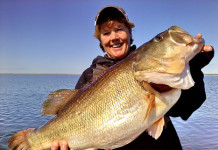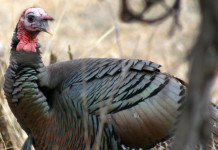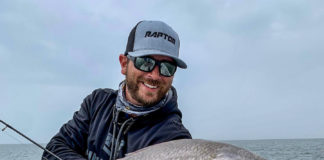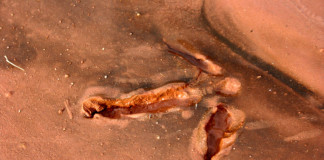The Texas Parks and Wildlife Commission is seeking public comment on a proposal requiring that all boats operating on public freshwater be drained after use to help combat the spread of zebra mussels.
Under water draining regulations in effect in 47 counties in North and Central Texas, boaters and anglers leaving or approaching public water in the affected counties are required to drain all water from their vessels and on-board receptacles. This applies to all types and sizes of boats whether powered or not, personal watercraft, sailboats, kayaks, canoes or any other vessel used on public waters.
Many public waters in Texas are at risk of infestation by the invasive mussels. Boats are the most likely source for most of the infestations. Since boaters in Texas travel throughout the state to engage in that activity, the proposal under consideration would expand these regulations to all public freshwater locales.
Applicable at sites where boats can be launched, the regulation requires the draining of live wells, bilges, motors and any other receptacle or water-intake systems coming into contact with the water. Live fish, including personally caught live bait, cannot be transported in a vessel in water that comes from the water body where they were caught. Personally caught live bait can be used in the water body where it was caught.
Anglers are allowed to transport and use commercially purchased live bait in water while fishing from a vessel provided persons in possession of the bait have a receipt that identifies the source of the bait. Any live bait purchased from a location on or adjacent to a public water body that is transported in water from that water body could only be used as bait on that same water body.
The rules allow anglers participating in a fishing tournament confined to one water body to transport live fish in water from that single water body to an identified off-site weigh-in location, provided all water is drained and properly disposed of before leaving that location. Anglers are required to possess documentation provided by tournament organizers that would identify them as participants in a tournament.
Movement from one access point to another on the same lake during the same day does not require draining and there is an exception for governmental activities and emergencies. Marine sanitary systems are not covered by these regulations.
Zebra mussels became established in Texas in Lake Texoma in 2009. In 2012 they were found in Lake Ray Roberts and the Elm Fork of the Trinity River. Last year zebra mussels spread to lakes Bridgeport, Lavon, Lewisville and Belton. They can expand their range by hitching a ride on trailered boats that have been immersed or moored in waters where they have established populations.
The rapidly reproducing mussels, originally from Eurasia, can have serious economic and recreational impact to Texas reservoirs. They can clog public-water intake pipes, harm boats and motors left in infested waters by covering boat hulls, clog water-cooling systems, annoy boat-dock owners by covering anything left underwater and make water recreation hazardous because of their sharp edges.
From an environmental perspective, zebra mussels are filter feeders, which means they compete with baitfish such as shad for available forage. Any impact on baitfish in turn can affect their predators — game fish such as bass, striped bass and catfish. Zebra mussels also threaten native mussel populations because they will colonize on their shells and essentially suffocate them.
Comment on the proposed regulation may also be made in writing to Ken Kurzawski, TPWD Inland Fisheries, 4200 Smith School Rd., Austin, TX 78744, or by email at ken.kurzawski@tpwd.texas.gov. The public also may comment online.
The commission is expected to take action on the proposed change at its May 22 meeting in Austin.


